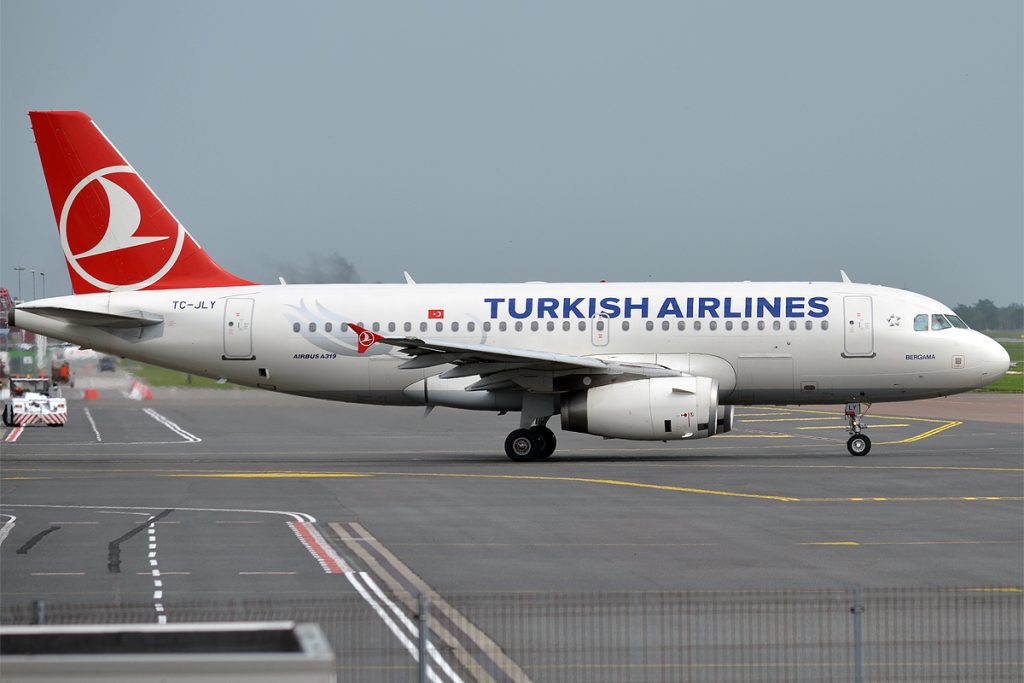Captain Ilcehin Pehlivan, a 59-year-old pilot for Turkish Airlines, tragically passed away while operating flight TK204, which was en route from Seattle to Istanbul. The incident unfolded mid-air, necessitating an emergency landing at New York’s John F. Kennedy Airport after Captain Pehlivan became unwell over Canadian airspace. Despite efforts to provide first aid by the crew, he unfortunately did not survive the flight. The airline confirmed these details through their spokesperson on social media, punctuating the gravity of the situation and the loss experienced by the aviation community.
Flight TK204 took off shortly after 7 PM Pacific Time, and Captain Pehlivan fell ill while over Nunavut, Canada, prompting the co-pilot and second pilot to assume control of the aircraft. Turkish Airlines was swift to act, facilitating the emergency landing approximately eight hours after takeoff. Subsequently, they arranged an alternate flight for passengers to continue their journey to Turkey. Captain Pehlivan had been with the airline since 2007 and, just months prior to this incident, had passed a routine health check without any reported issues that could have posed a risk to his ability to fly.
In the wake of this tragedy, the Turkish Air Traffic Controllers’ Association (TATCA) expressed their condolences and paid tribute to Captain Pehlivan’s long-standing service in the aviation sector. The sorrow of losing a dedicated pilot reverberates beyond just his immediate circle; it impacts the entire aviation community and highlights the risks faced by pilots, who undergo stringent medical assessments to ensure fitness for duty. Specifically, pilots aged over 40 must renew their medical certifications every six months, a precaution aimed at maintaining airline safety.
This incident evokes memories of a similar occurrence in 2015 when a 57-year-old American Airlines pilot died while flying, necessitating an emergency landing. Both scenarios underline the critical need for immediate cockpit support and highlight the stringent aviation regulations requiring two pilots to be present in the cockpit of commercial flights at all times. This practice is intended to address unexpected medical emergencies and ensure continuity of operation during flights.
Technological advancements within the aviation industry are increasingly paving the way for initiatives that may allow for single-pilot operations during certain flight phases, such as cruising. However, this raises questions about the adequacy of safety measures in place to handle scenarios where a pilot is incapacitated. Concepts of solo piloting would enable other crew members to take necessary rest while still safeguarding passenger welfare—a balance that needs thorough examination to avoid compromising safety.
Lastly, the ongoing discussions fueled by pilot groups such as the European Cockpit Association underscore the concerns surrounding the reduction of cockpit staff. Many argue that diminishing the number of qualified pilots could jeopardize passenger and crew safety. As the aviation industry trends toward modernization, it must not lose sight of the importance of comprehensive safety protocols, especially in light of incidents like Captain Pehlivan’s death, which remind us of the inherent unpredictability and risks associated with flying. The call for maintaining rigorous safety guidelines as technologies evolve becomes even more crucial to ensure that tragedies such as this are prevented in the future.














